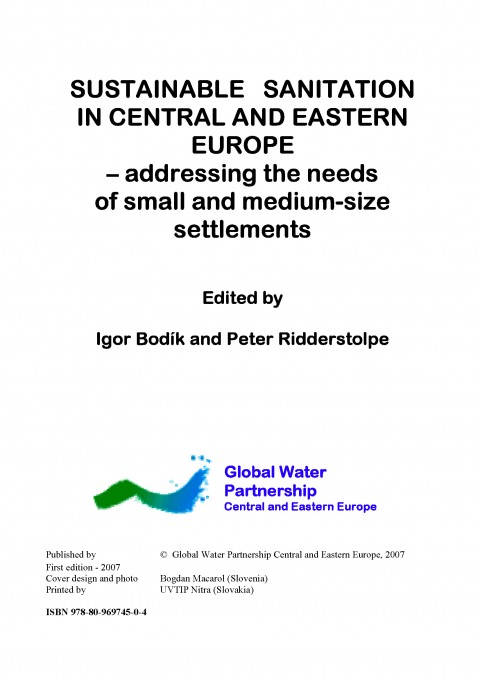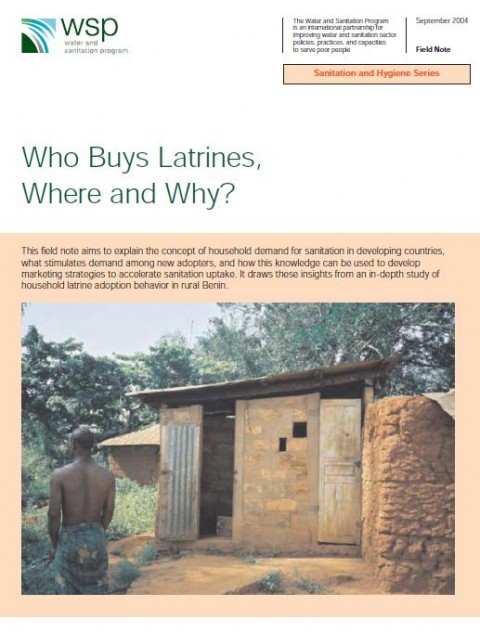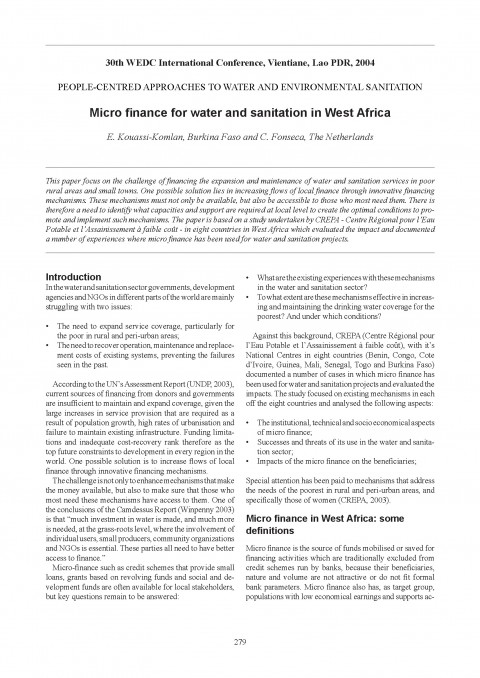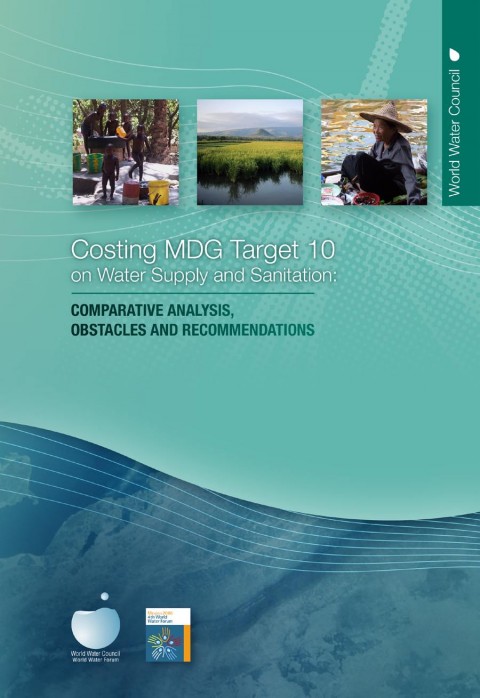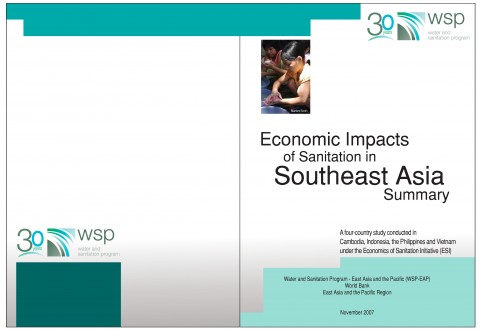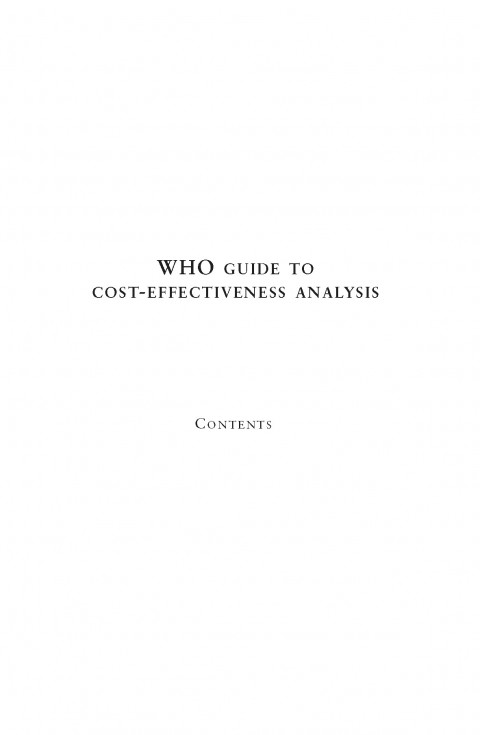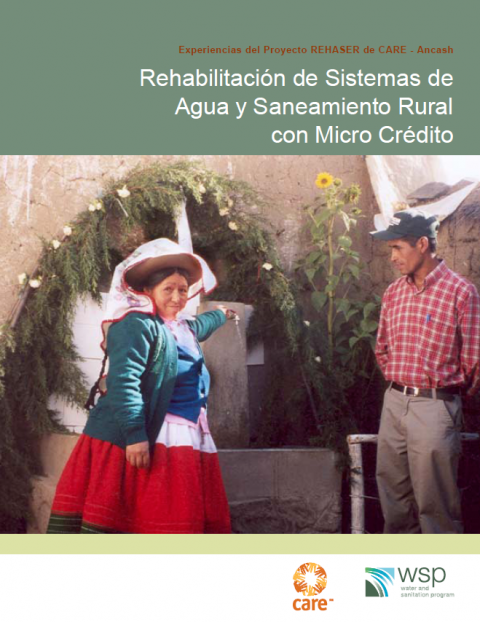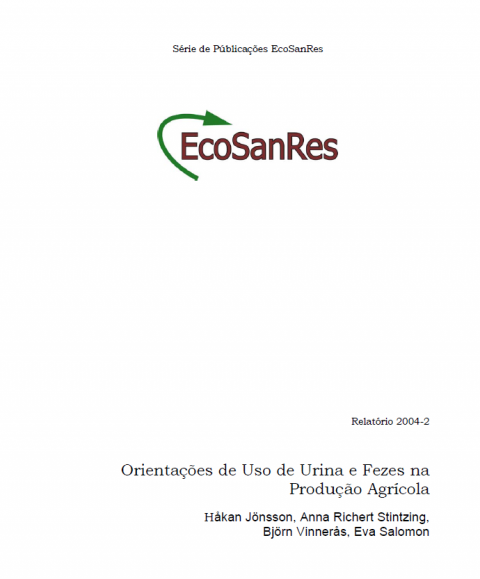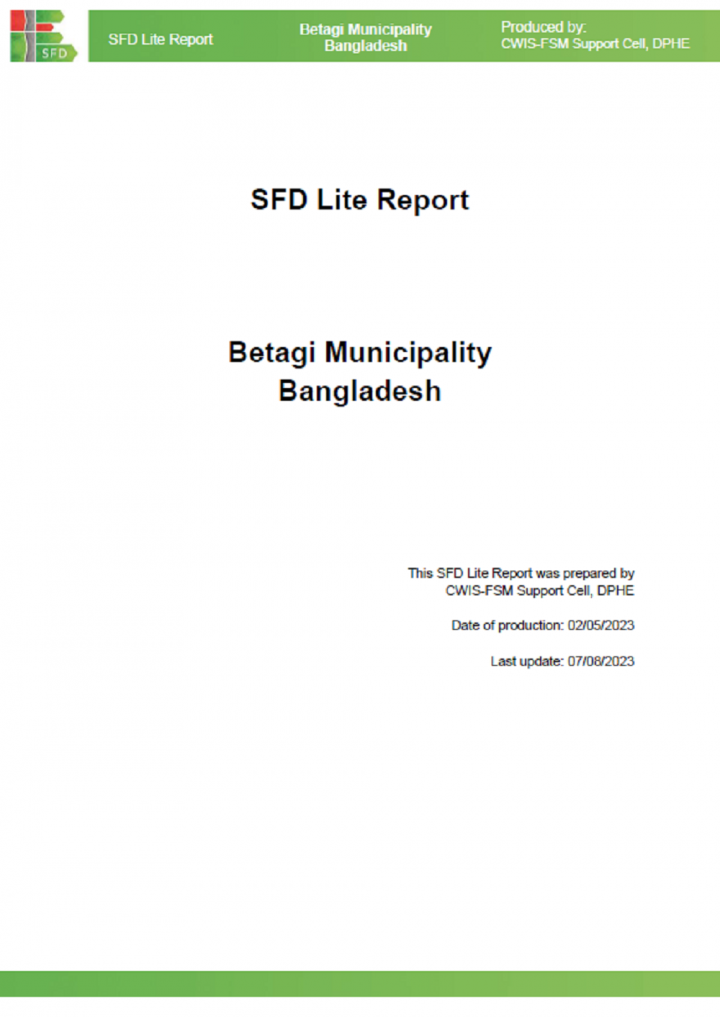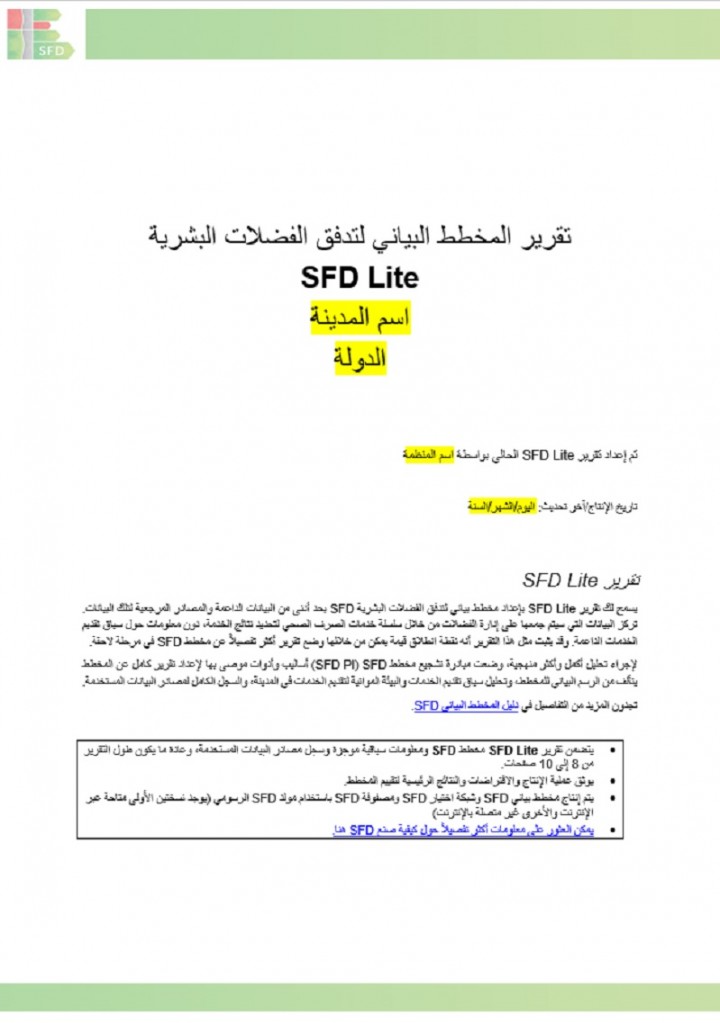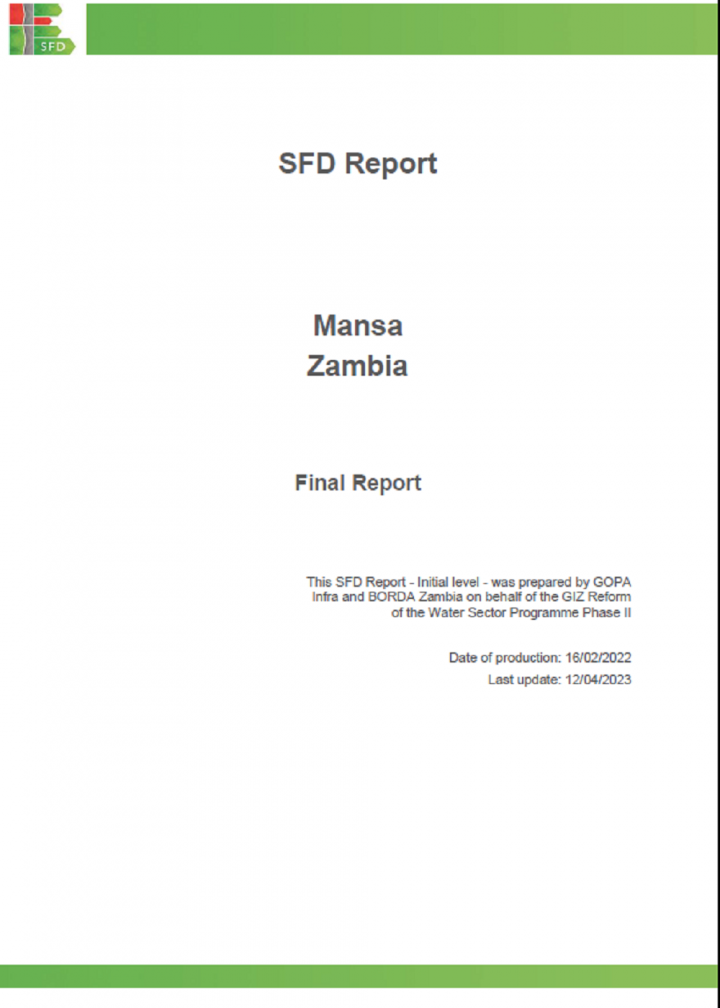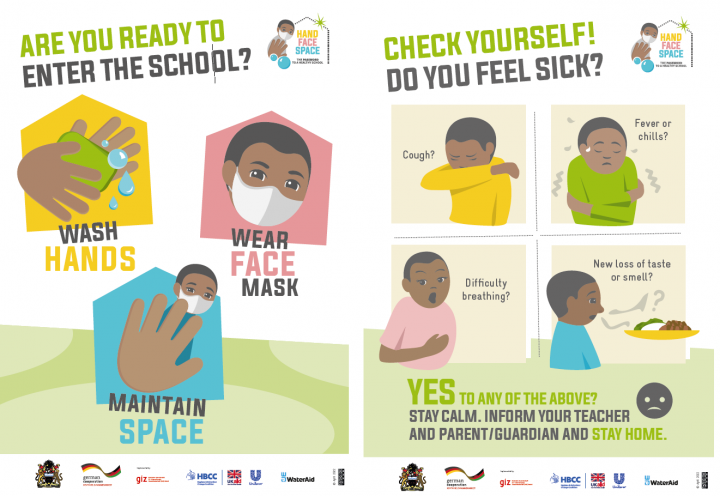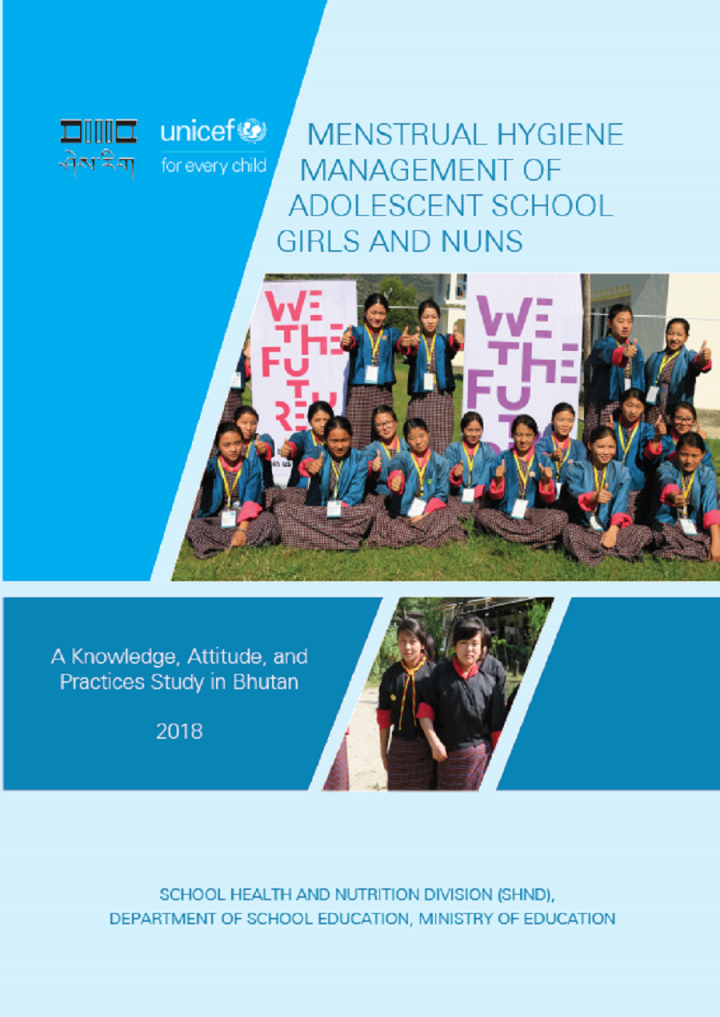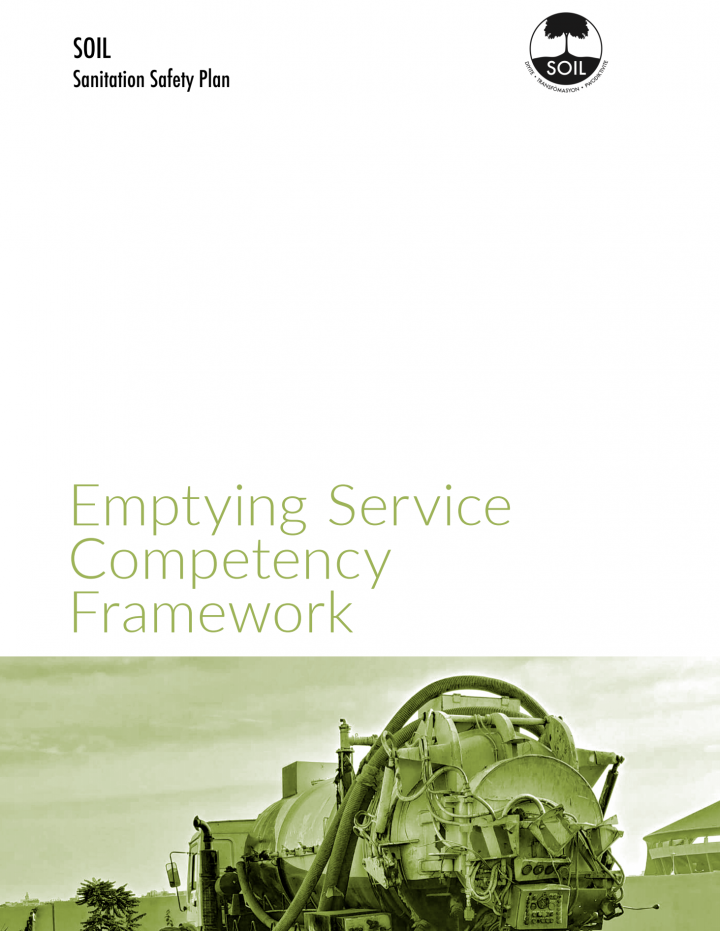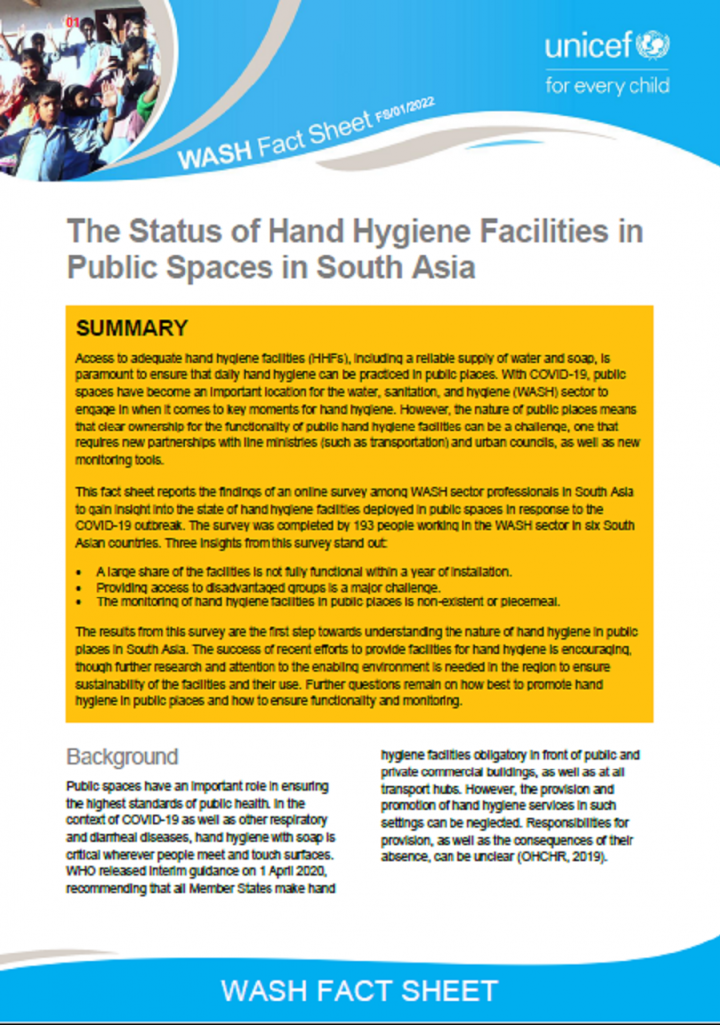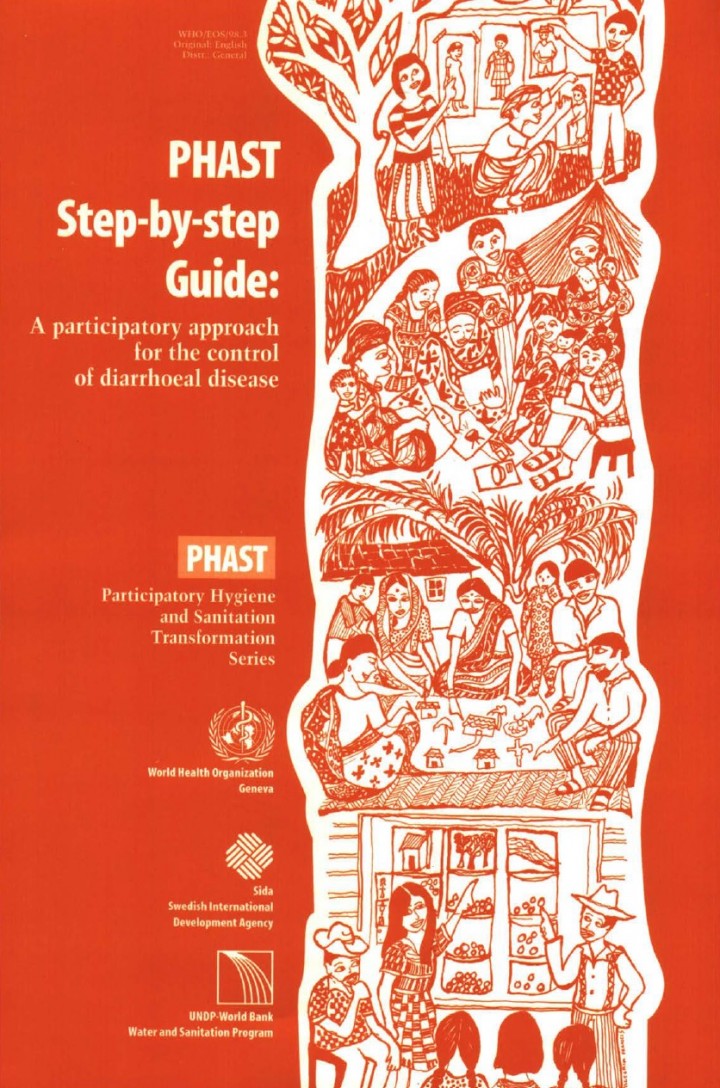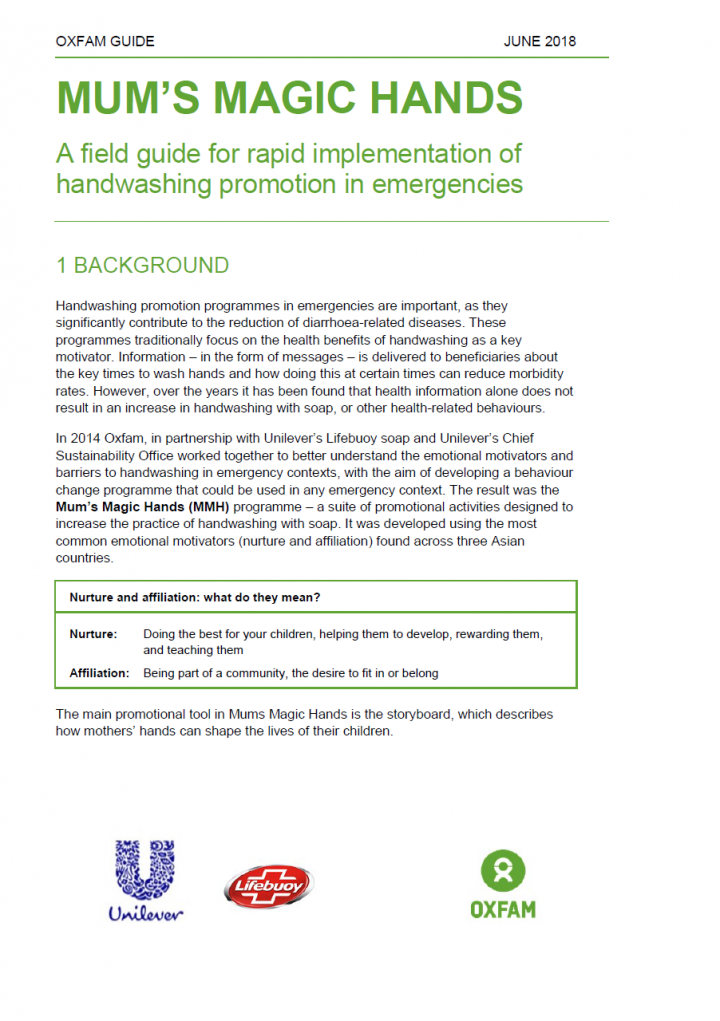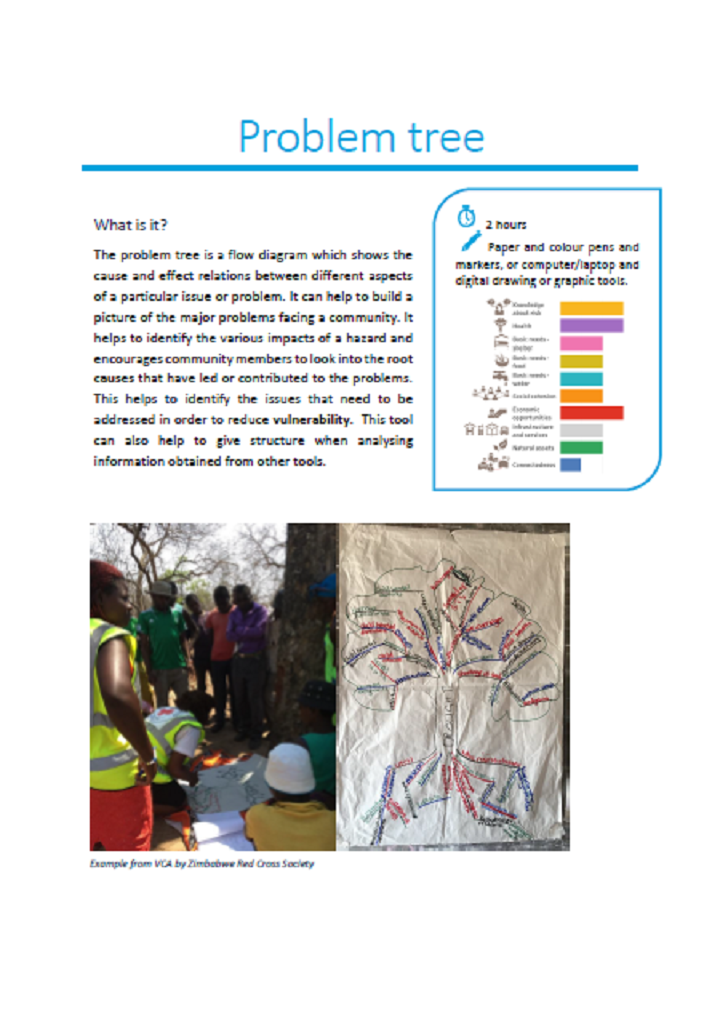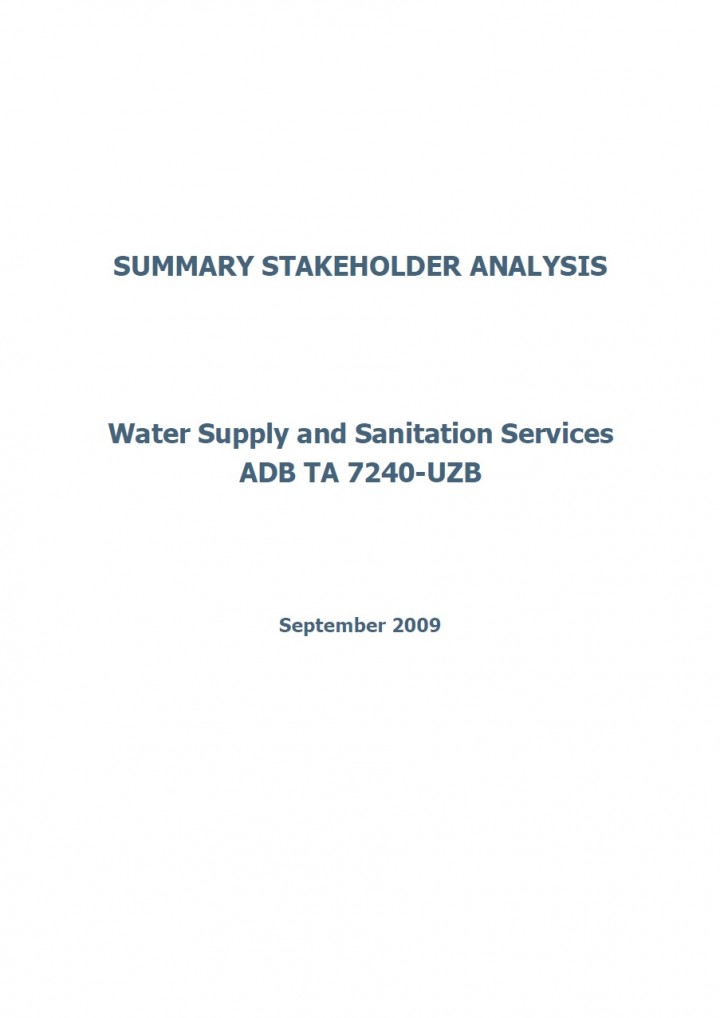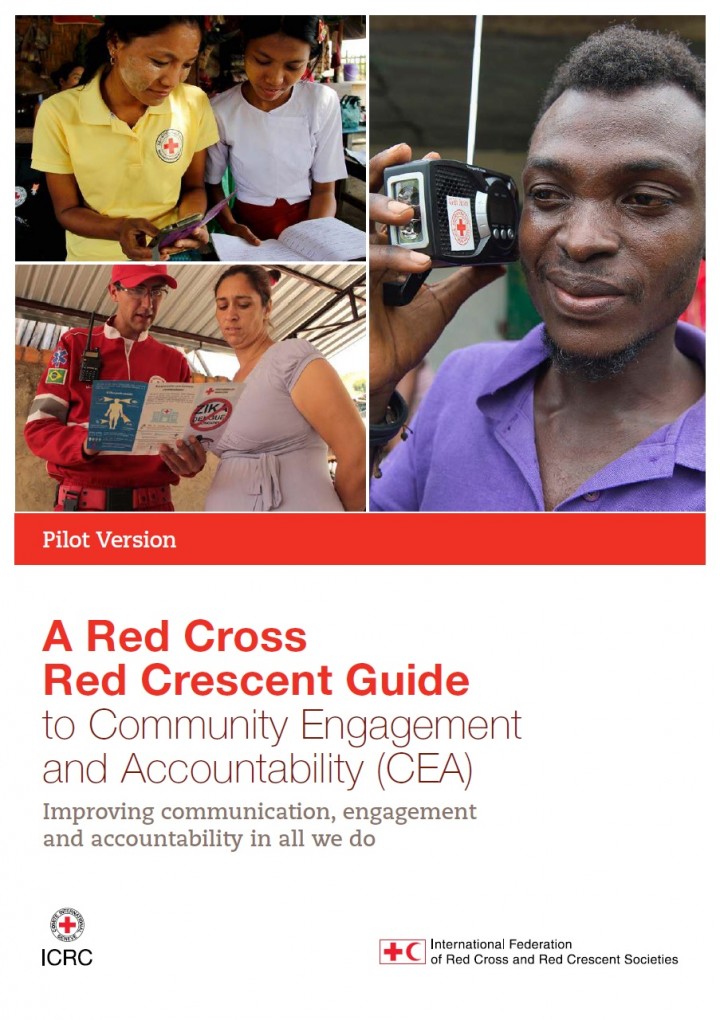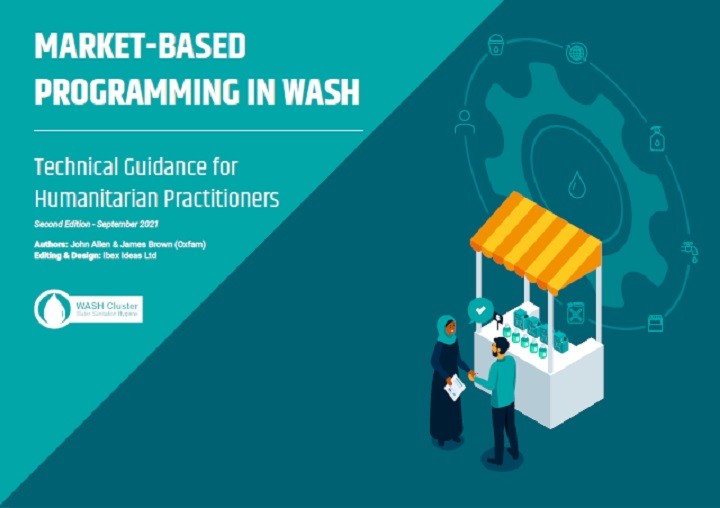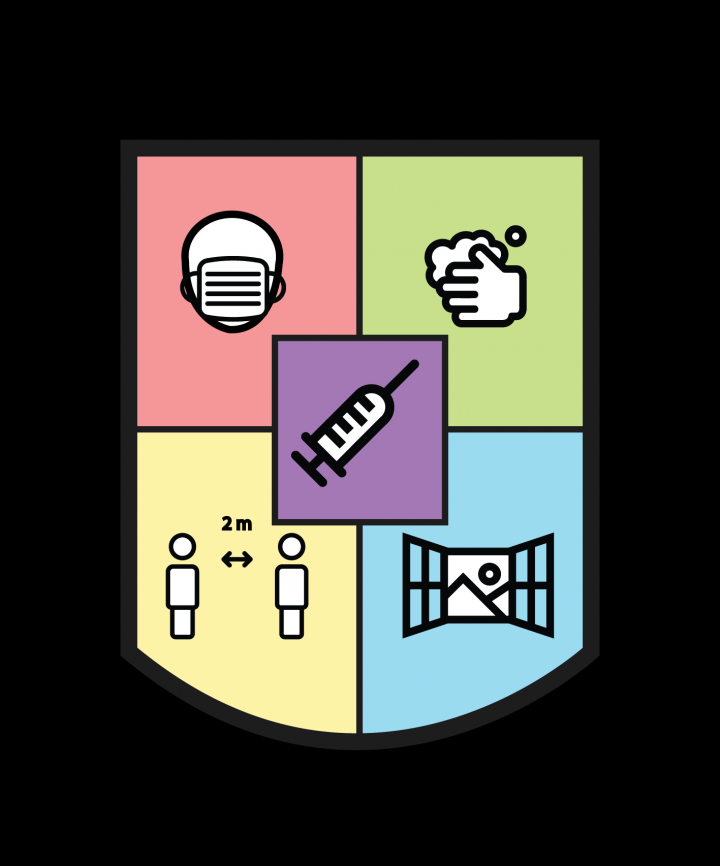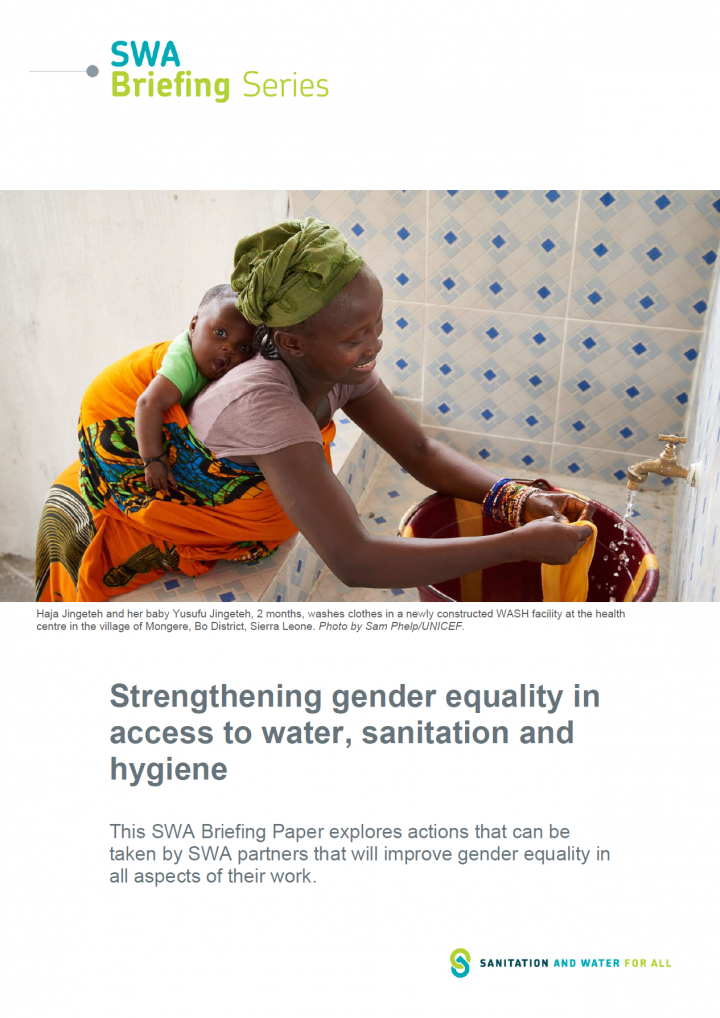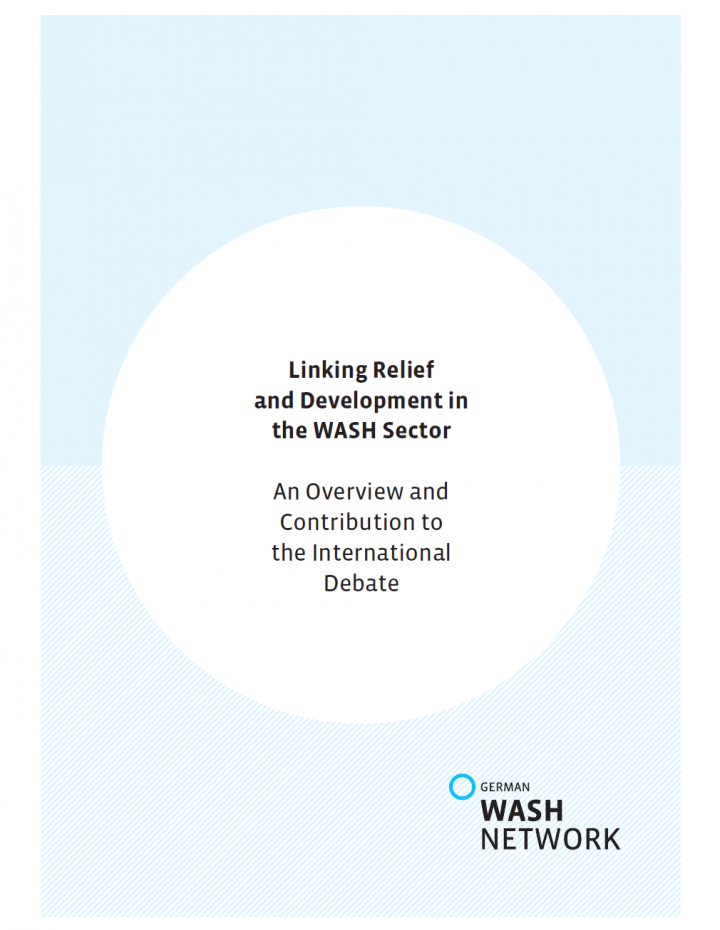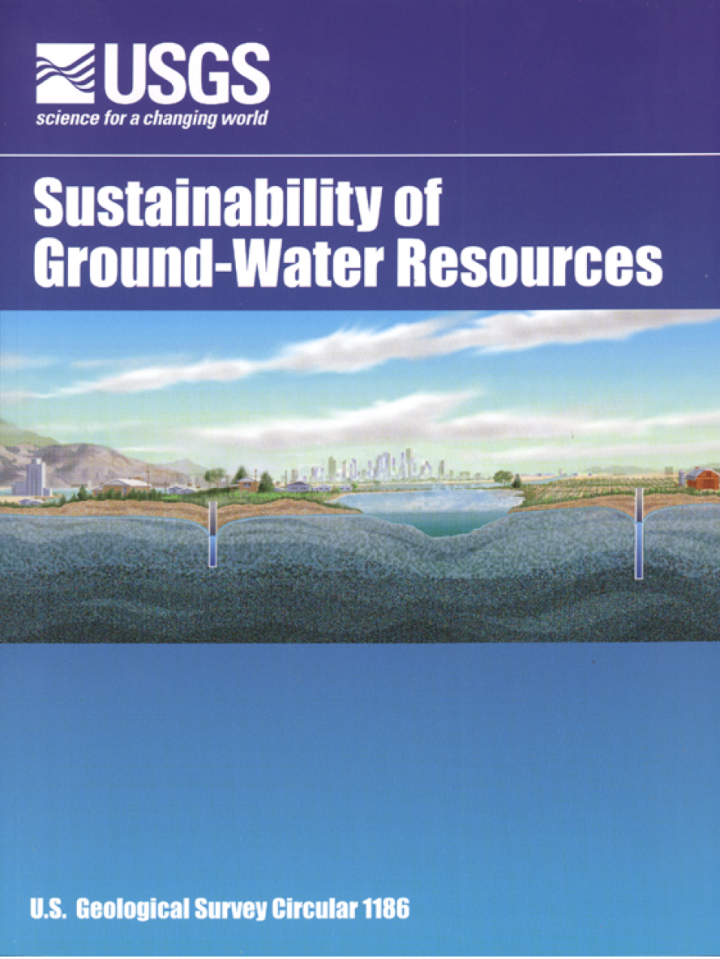Searching for information on Sanitation Workers?
The Sanitation Workers Knowledge + Learning Hub is the best source for all current news, trends, articles and updates on sanitation workers rights around the world.
Betagi Municipality is situated within the Betagi Sub-District (Upazila) in Barguna District (Zila), which is under Barishal Division. The geographical coordinates of Betagi are between 22º 09.45' and 22º 11.52' N and between 90º 11.55' and 90º 13.12' east longitude . It is bordered on the north by the Upazilas of Bakerganj and Rajapur, on the south by the Upazila of Barguna Sadar, on the …
Mansa is the provincial administrative capital of Luapula province and the town consists of urban and peri-urban areas. According to the Central Statistics office (CSO) data on population and housing of 2010, Mansa district town had a population of 228,392 with an annual growth rate of 2.4% per annum. However, the population of Mansa urban stood at 145,336. For the purpose of this assignment, …
This competency framework is designed to be a tool for emptying service providers, and the capacity development organizations that work with them, to understand the knowledge, skills, and abilities required to deliver a high-quality service.
This competency framework can be used by:
1. Emptiers and capacity development organizations to structure professional development activities for …
Access to adequate hand hygiene facilities (HHFs), including a reliable supply of water and soap, is
paramount to ensure that daily hand hygiene can be practiced in public places. With COVID-19, public
spaces have become an important location for the water, sanitation, and hygiene (WASH) sector to
engage in when it comes to key moments for hand hygiene. However, the nature of public places …
Handwashing promotion programmes in emergencies are important, as they significantly contribute to the reduction of diarrhoea-related diseases. These programmes traditionally focus on the health benefits of handwashing as a key motivator. Information – in the form of messages – is delivered to beneficiaries about the key times to wash hands and how doing this at certain times can reduce …
An analysis of the stakeholders of the proposed WSSS Improvement Investment Program has identified the individuals, groups and organizations that will be influenced by and affected by the water supply and sanitation services sub-projects.These stakeholders include: government ministries and agencies, provincial organizations, town residents at household-level, the private sector. The analysis …
Community engagement and accountability (CEA) is an approach to Red Cross and Red Crescent programming and operations. It is supported by a set of activities that help put communities at the centre of what we do, by integrating communication and participation throughout the programme cycle or operation.
CEA is the process of and commitment to providing timely, relevant and actionable life-saving …
COVID-19 pandemic swept across India in April and May 2021, and preventing infection became of paramount importance. The health systems were overwhelmed. Over the past year, we have learnt great deal of how the disease spread. This necessitated expansion of the earlier preventive measures promoted in the early stages of the pandemic in 2020 such as wearing masks, social distancing and washing …
This SWA Briefing Paper explores actions that can be taken by SWA partners that will improve gender equality in all aspects of their work.
While there has been significant progress over the last few decades, gender inequality continues to be one of the most pervasive human rights violations throughout the world. Despite considerable attention and commitment, including through the SDGs’ …
Humanitarian assistance and development cooperation in the Water, Sanitation and Hygiene (WASH) sector – although very diferent in nature – are inextricably linked. WASH relief eforts are usually not self-contained, stand-alone interventions and relief actors inevitably need to consider longer-term local development issues and transition elements to allow for a successful hand-over afer the …
Ground water is one of the Nation’s most important natural resources. It provides about 40 percent of the Nation’s public water supply. In addition, more than 40 million people, including most of the rural population, supply their own drinking water from domestic wells. As a result, ground water is an important source of drinking water in every State. Ground water is also the source of much …

